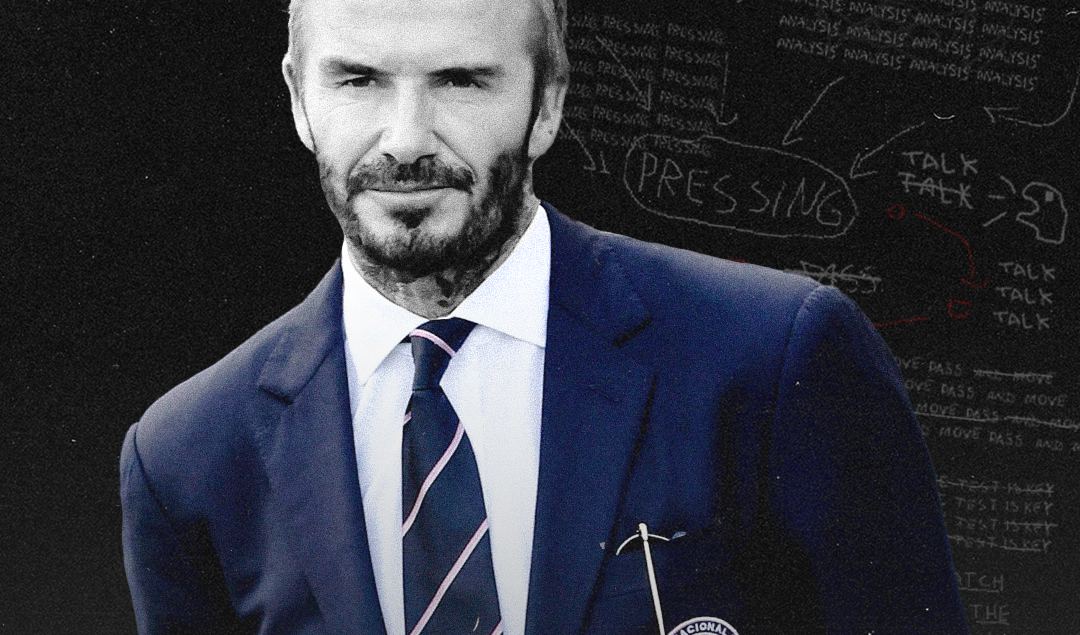How Can the MLS Avoid Its ‘European Retirement Complex’ Reputation?
Click here for three things anyone who has not played crypto casinos before should know.
How Can the MLS Avoid Its ‘European Retirement Complex’ Reputation?

Lionel Messi, Luis Saurez, David Beckham, and Thierry Henry – some of the current players, players turned managers, and now retired players – have dipped their toes in the so-called European retirement league. And we can see why it has that reputation: players go there to retire. Messi, for example, has only played in 24 games in his two seasons despite being the league’s highest-paid player. Still, he’s scored 22 goals and 11 assists in those 24 games, so he’s probably worth it.
Still, these high-profile names are, without a doubt, moving to retire. It’s the same with the Saudi League phenomenon, but that’s a story for another article. Read on to learn if and how the MLS can avoid its ‘European Retirement Complex’ reputation.
Emphasizing Youth Development
Emphasizing youth development is one of the major ways MLS can get rid of the curse of being a retirement league. Most MLS clubs have been coming up with comprehensive academies that need a lot of attention. The competition aims to become an arena where under twenty-two-year-old young professionals will have their skills showcased by the biggest clubs like Inter Miami, with an increasing number of local-based MLS players attracting interest from overseas. But maybe that’s the Beckham and Messi effect.
The success rates of players like Weston McKennie, Tyler Adams, and Giovanni Reyna, who have made significant impacts in European leagues, are testimonies of how far youth development has helped America’s soccer. By continuing investment in these academies and ranking them as a priority, Major League Soccer can give birth to talent nurtured on American soil, making it possible for such talents to shine globally.
Look Out for Those Already at Their Peak
Although all countries must invest heavily in nurturing fresh talents in sports, including soccer, countries like the US need to take another direction by capturing those already in peak age brackets to boost the game. Some will say Messi is still at his peak, but he really isn’t.
Recently, however, signings like Lorenzo Insigne (30) and Xherdan Shaqiri (30) show that world-class players want to join the league while still young enough to play at a top level. The fact is, these acquisitions help reverse the perception of MLS as a place that just plays home to those winding down their careers. With more world-class players there are to pull the sport forward, everything else should follow.
For instance, sports betting is a major force behind the prominence of any league or sport. If the action is compelling enough to generate more inspiring odds (thanks, in part, to the players who make it into the squads) then more and more events will find their way into the headlines. That popularity passes from states that allow sports betting to the states where it still remains restricted. Without players at their peak, that level of interest just won’t get off the ground.
Utilize the Designated Player Rule
The Designated Player Rule, also called the Beckham Rule, allows MLS teams to sign three players above the salary cap. With this, clubs have been able to attract star performers capable of raising the bar of local football. However, these designated players must be perceived as something other than cashing in on their way out.
Stars like David Beckham, Thierry Henry, and Zlatan Ibrahimović provided substantial boosts to ratings within leagues through overseas publicity. The catch, however, is that these signings must be willing participants on the field – Messi has hardly played since his signing.
Create Strong Local and Community Ties
MLS needs stronger links with communities if it expects its image and reputation to improve significantly. Barcelona, Real Madrid, or Bayern Munich are two examples from Europe that have deep ties with local fans for many decades or centuries – it’s simply not the same with the MLS. There isn’t much historical depth, yet community ties could still grow strong here. The league is only beginning to generate global interest since the Messi move.
MLS clubs can become an integral part of their communities by investing in local outreach programs, supporting youth soccer initiatives, and engaging with fans through social media and community events.
Leveling up The Competition
To further disprove the retirement league myth, MLS has to improve the overall competition level within the league. This will require attracting the best players as well as raising coaching standards, the quality of facilities for training purposes, and player development programs. By doing so, MLS would ensure that its teams are capable of competing internationally during tournaments and exhibitions, thus displaying the league’s quality on a global platform.
The other way that MLS could gain is through increased partnerships with European top clubs, which can involve exchange programs that provide opportunities for players and coaches to learn from one another.
Reframing Perceptions With Media and Marketing
Perception matters when fighting off the image associated with the retirement home title given to MLS. And the media isn’t helping. The media is the reason for the reputation.
The marketing strategies employed by this organization have led them to spend more money on creating a good perception of themselves, domestically and internationally. Changing perceptions may be assisted by talking about success stories of young talents or prime-age signings.
By showcasing the competitiveness of the league, and behind-camera footage showing how players are trained in different documentary categories like Netflix (Netflix is becoming massive for sports documentaries), some new fans could turn up while others may change their minds concerning these games. It happened with Formula One and the Netflix show Drive to Survive – Formula One viewership skyrocketed.
Do you think the MLS will change its reputation from a retirement league to one that attracts players in their prime? Time will tell – and with how it’s going currently, the answer is probably no. Still, as we’ve said, the MLS is still only in the beginning of its development. It has to focus on securing more big names into the league and exploring avenues like Netflix promotions to boost its image.
